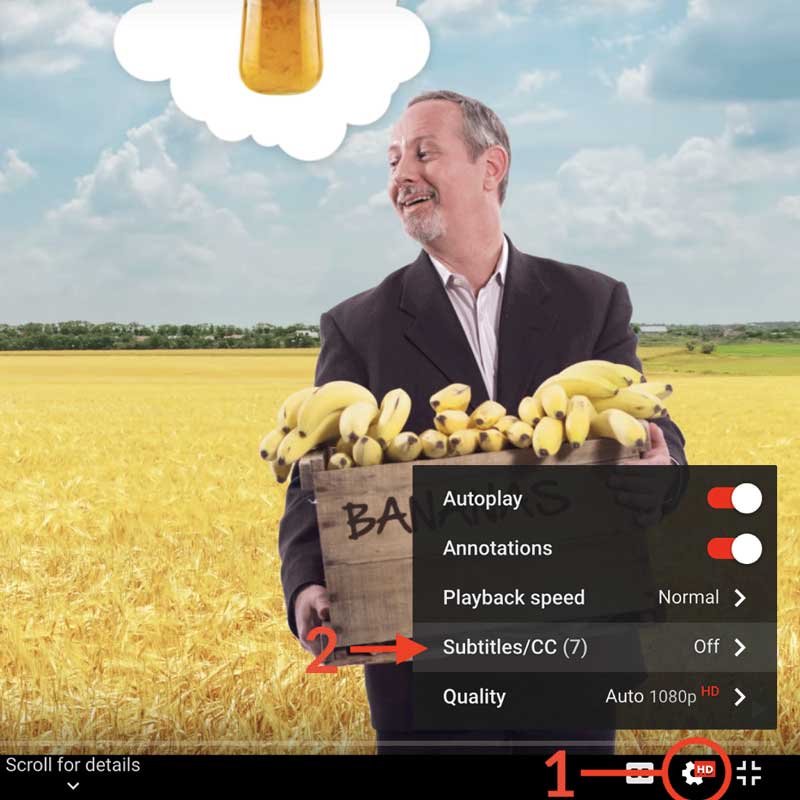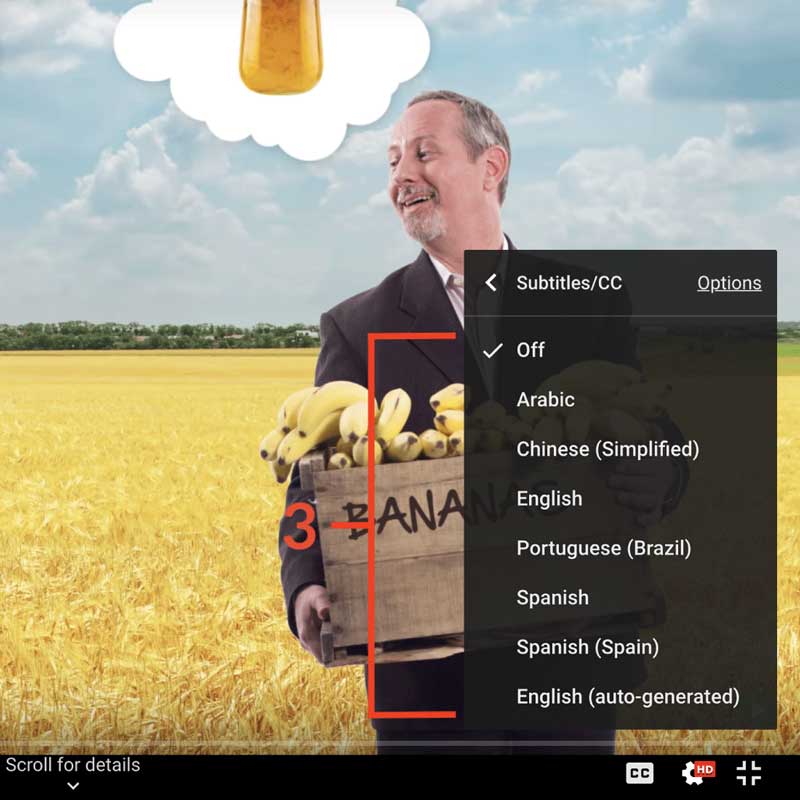The Tradeoff Between Fun and Wages
Course Outline
The Tradeoff Between Fun and Wages
If you had to choose, would you rather be a sewer inspector spending your days underground or a lifeguard on the beach? Most would say that being a lifeguard is a more fun job, but a sewer inspector has higher wages to compensate for the less-fun aspects of the job. In this video, we discuss the tradeoff between fun and wages and show how this illustrates that “There ain’t no such thing as a free lunch!”
Teacher Resources
Related to this course
See all Teacher Resources related to this course
Transcript
Suppose there are two jobs. Would you rather have a job where you crawl around in underground tunnels with rats, roaches, and sewage, or would you rather sit on a beach and watch the sunset and every now and then pull somebody out of the water? Sewer inspector versus lifeguard. It seems easy, right? Well, the principle of "there ain't no such thing as a free lunch" or TANSTAAFL is a useful thing here. Suppose that two kinds of jobs require equal amounts of skill, education and so forth, but one of the jobs is a lot more fun than the other.
Let's also suppose that the fun job has higher wages, so the situation looks a bit like this. So higher wages and more fun sounds like a free lunch, but TANSTAAFL, there ain't no such thing as a free lunch. So what will happen? If two kinds of jobs require equal skills and education, then the workers will exit the industry with the low wage, low fun jobs, and enter the industry with the high wage, high fun jobs.
But, as the supply of workers in the low wage, low fun job decreases, the wages in that industry will increase. And as the supply of workers in the high wage, high fun industry increases, the wages in that industry will decrease. Workers will continue to move from one industry to the other until jobs that require equal skills, education, and so forth have equal compensation packages. Not equal wages, but a combination of wages and fun, so that workers are equally happy in either job and no longer have an incentive to move.
Notice that this means that the fun job has to have lower wages, or, to put it differently, the job that isn't fun has to have higher wages to compensate for all the not fun stuff. So, for jobs requiring equal skills and so forth, more fun means lower wages, and higher wages means less fun. A trade-off. TANSTAAFL -- there ain't no such thing as a free lunch. The same idea applies to any other job characteristic.
If a job is risky, for example, wages in that job will tend to be higher to compensate for the risk. Workers are willing to work in dangerous jobs like Alaskan crab fishing, for example, only because the wages in that job are higher than in other jobs requiring similar work. If riskier jobs have higher wages, then safer jobs have lower wages. And that gives firms one incentive to increase job safety. We explore the relationship between job safety and compensating variations more in the next video.
Subtitles
- English
- Spanish
- Chinese
- Hindi
- French
- Arabic
Thanks to our awesome community of subtitle contributors, individual videos in this course might have additional languages. More info below on how to see which languages are available (and how to contribute more!).
How to turn on captions and select a language:
- Click the settings icon (⚙) at the bottom of the video screen.
- Click Subtitles/CC.
- Select a language.


Contribute Translations!
Join the team and help us provide world-class economics education to everyone, everywhere for free! You can also reach out to us at [email protected] for more info.
Submit subtitles
Accessibility
We aim to make our content accessible to users around the world with varying needs and circumstances.
Currently we provide:
- A website built to the W3C Web Accessibility standards
- Subtitles and transcripts for our most popular content
- Video files for download
Are we missing something? Please let us know at [email protected]
Creative Commons

This work is licensed under a Creative Commons Attribution-NoDerivatives 4.0 International License.
The third party material as seen in this video is subject to third party copyright and is used here pursuant
to the fair use doctrine as stipulated in Section 107 of the Copyright Act. We grant no rights and make no
warranties with regard to the third party material depicted in the video and your use of this video may
require additional clearances and licenses. We advise consulting with clearance counsel before relying
on the fair use doctrine.


